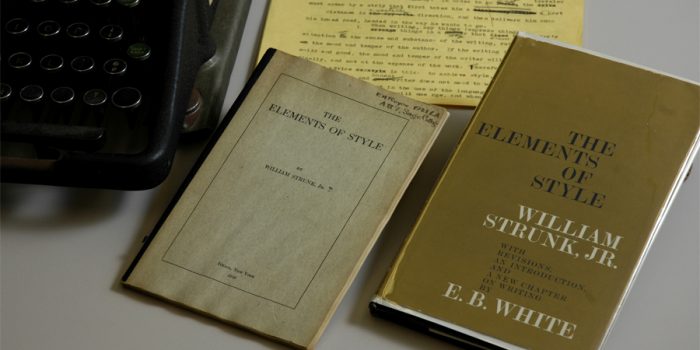CONTEST FORMATTING GUIDELINES
These contest formatting guidelines are for all WCCW contests. Prose entries should follow the spacing and layout guidelines below. For poetry, spacing and layout are part of the presentation, and are at the poet’s discretion.
VIEW A SAMPLE ENTRY | VIEW A SAMPLE COVER SHEET
1. Use a simple, easy-to-read font like Times New Roman, Arial, Verdana, Tahoma or Courier, 12-point size, black text. No fancy typefaces or script styles. The goal is to make the manuscript look professional and pleasant to read.
2. Use white bond paper, 20 pound or better, 8-1/2 x 11 inches. No onionskin, lined or colored stock. Type on one side only.
3. Double space all prose manuscripts. Poetry may be single or double-spaced.
4. On prose, drop down about one third to half-way on the first page, then center your title. On poetry, this is not necessary. For short manuscripts where this would push a small paragraph onto an additional page, adjust the size of this as needed. The purpose is to create a pleasant-appearing manuscript.
5. Start your text two to four spaces below the title.
6. Indent each paragraph, typically 5 spaces or .5”. No extra space between paragraphs. Left justify text and set margins to 1 to 1-1/2” all around.
7. Headers: Put contest name in the upper left. Put word count in upper right. Page numbers are recommended for manuscripts over two pages long, and may be placed in upper right header or in the footer. The text should begin 3 or 4 spaces below this header.
8. Attach a cover sheet with name, contact information, title and first line of manuscript. Put title only on manuscript. No name or other identifying information on judges’ copy. Paper clip or staple the finished pages together, and attach cover sheet to front. Do not put the manuscript in a folder.
9. Mail entries so that they are postmarked by the deadline. There is no need to use special mailing services. Media mail with tracking or first class mail is fine. We wait a reasonable time after the deadline date to ensure entries mailed on time have time to arrive.
VIEW A SAMPLE ENTRY | VIEW A SAMPLE COVER SHEET
![]()
Additional Contest-Related Tips
1. Follow Guidelines. A submission that doesn’t follow the rules and the contest formatting guidelines is the first to be discarded. If the short story has a 1500 maximum word limit, less is fine, but 1510 words will disqualify your piece.
2. Edit your work. Second into the discard pile is work full of misspellings, bad grammar, and poor punctuation. If you miss that double period at the end of the 12th line on the third page, the judge will probably be forgiving. But if you spell writer without the w, the judge will notice. Keep in mind, also, that spellchecker won’t catch some mistakes. For example: Tree Blind Mice. Be sure to give your work an old-style proofread.
3. Nothing fancy. Colored paper, swirly-curly fonts, marginal comments and decorations are no-no’s when submitting work. Judges and editors are evaluating your writing skills, not your design sense.
4. Pay attention to detail. If the contest is for an essay about war, don’t feature your cat unless it is a veteran. Make sure your Eiffel Tower is located in Paris. If a word is misspelled on purpose, make sure the reader can tell it is intentional. Watch for characters changing names in the middle of the story.
5. Don’t use pen names. Judges don’t see the names of entrants, and when prizes are awarded, officials don’t know what name to put on the check. The time for this is when the piece is printed — then you can work it out with your publisher.
6. Keep cliches and dialect to a minimum. Your writing should be fresh and original. Dialect is difficult to read, and you don’t want your judge to pass your work because the prose is too difficult to decipher.
7. Catch the judges attention. Try to find a unique approach; a meaning not normally associated with the required key word or subject. Keep a touch of humor in your work. If you treat it like a dry term paper, it is not likely to be considered outstanding. You can be different and still follow the rules.
8. READ your final piece ALOUD. You will surely catch errors you missed before.
![]()
We encourage you to follow these contest formatting guidelines, and we wish you the best success with every entry!

